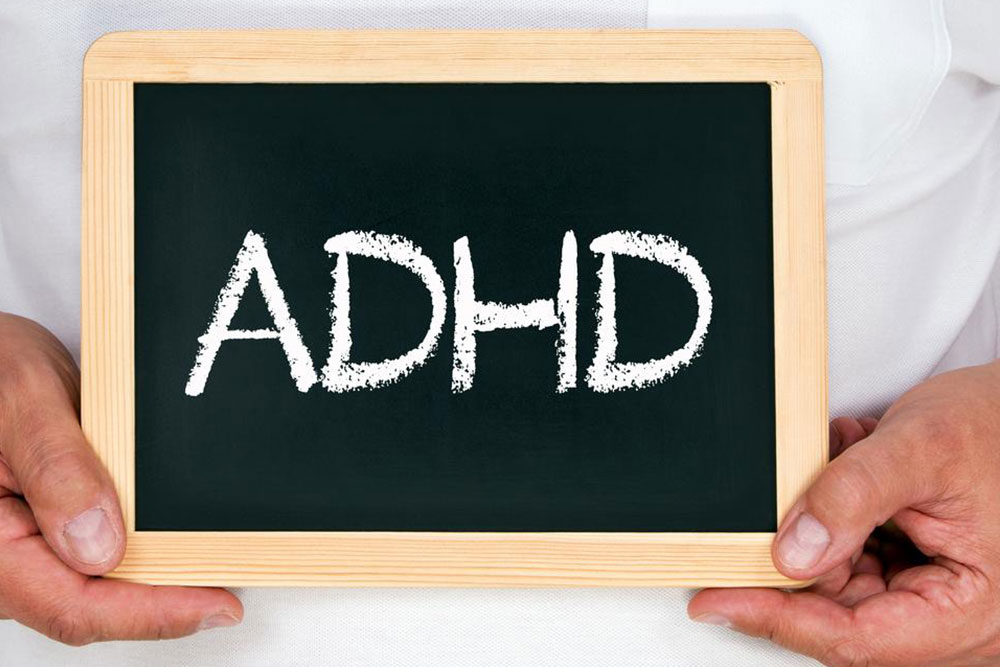Understanding Adult ADHD: Causes, Symptoms, and Management Strategies
Adult ADHD is a neurodevelopmental disorder impacting many aspects of life, including work, relationships, and mental health. Early diagnosis and a combination of medication, therapy, and support strategies are vital for effective management. Understanding its causes, symptoms, and available treatments can help adults lead balanced and successful lives despite challenges.
Sponsored

An adult living with ADHD may face challenges in personal, professional, or academic relationships. Early identification and intervention are crucial for a fulfilling life.
What is adult ADHD?
While most individuals develop ADHD during childhood, some see their symptoms diminish over time. However, around 60 percent continue to experience symptoms into adulthood. Adult ADHD often goes underdiagnosed, yet it can significantly affect daily functioning and quality of life.
Delayed diagnosis can hinder effective treatment and recovery.
Many adults discover they have ADHD later in life or struggle to manage symptoms they always had. The disorder impacts both men and women.
Causes and Indicators of Adult ADHD
The precise origins of ADHD remain unclear. Experts suggest a mix of genetic, environmental, and developmental influences. Family history plays a significant role, with individuals having relatives with ADHD at higher risk. Exposure to toxins like lead during childhood and neural development issues may also contribute.
As adulthood progresses, ADHD symptoms evolve. While some signs, such as inattention, persist, hyperactivity may decrease or transform. Adults often find it hard to follow instructions, stay organized, complete tasks, and manage impulsivity. These issues can lead to missed deadlines, strained relationships, and frustration. Impulsiveness and impatience are common, along with emotional difficulties like anger and stress management problems.
Complications can include accidents, job instability, relationship breakdowns, substance misuse, and mental health challenges. Diagnosing adult ADHD involves thorough assessments, including medical history and psychological evaluation.
Managing Adult ADHD
Treatment is essential but challenging, as symptoms overlap with other mental health conditions like mood and anxiety disorders. Medications, behavioral therapies, and coaching are popular approaches. Stimulants are effective but carry risks of misuse. Behavioral interventions, such as cognitive behavioral therapy (CBT), help improve self-esteem and reduce stress. Family support and educational programs contribute significantly to effective management.
In the USA, many resources are available. Laws protect individuals with ADHD from discrimination, prompting workplaces and schools to offer accommodations and training.
Approximately 4.4% of Americans have ADHD, with a higher rate in males (5.4%) than females (3.2%).
ADHD affects all ethnicities, with the highest prevalence among Caucasians.
Collaborating with professionals like social workers or career counselors can help adults adapt and succeed in work and social environments.
Legislation such as the Rehabilitation Act and the ADA ensures legal protections for individuals with ADHD at school and work.






